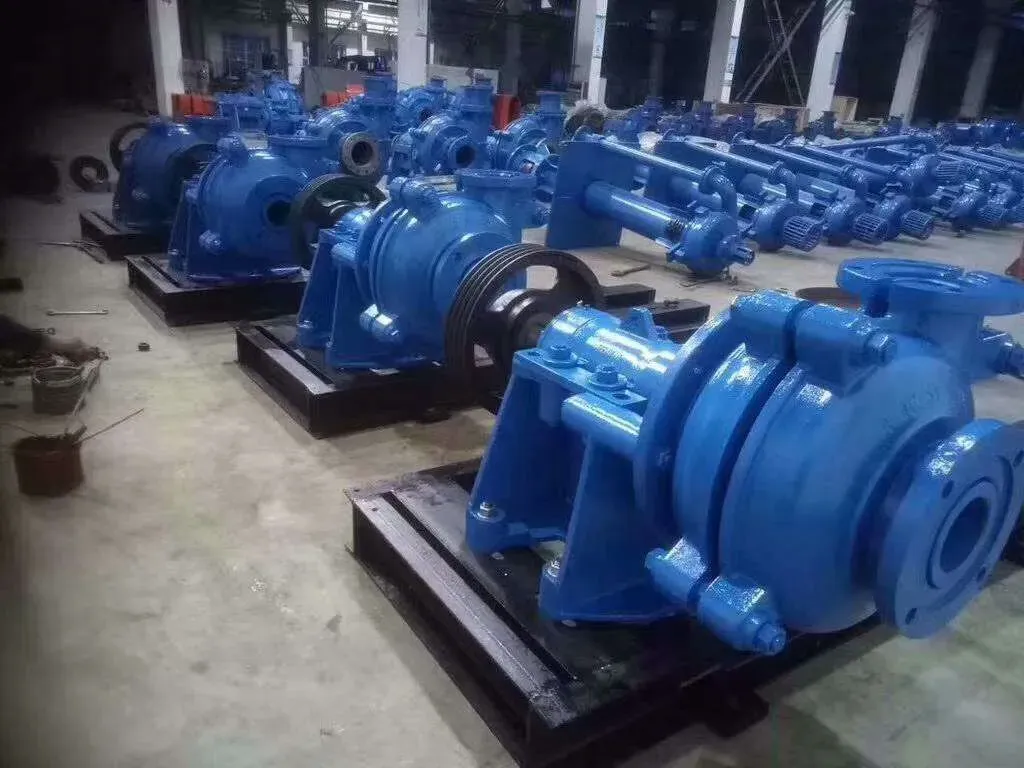Mongolian
- Afrikaans
- Albanian
- Amharic
- Arabic
- Armenian
- Azerbaijani
- Basque
- Belarusian
- Bengali
- Bosnian
- Bulgarian
- Catalan
- Cebuano
- Corsican
- Croatian
- Czech
- Danish
- Dutch
- English
- Esperanto
- Estonian
- Finnish
- French
- Frisian
- Galician
- Georgian
- German
- Greek
- Gujarati
- Haitian Creole
- hausa
- hawaiian
- Hebrew
- Hindi
- Miao
- Hungarian
- Icelandic
- igbo
- Indonesian
- irish
- Italian
- Japanese
- Javanese
- Kannada
- kazakh
- Khmer
- Rwandese
- Korean
- Kurdish
- Kyrgyz
- Lao
- Latin
- Latvian
- Lithuanian
- Luxembourgish
- Macedonian
- Malgashi
- Malay
- Malayalam
- Maltese
- Maori
- Marathi
- Mongolian
- Myanmar
- Nepali
- Norwegian
- Norwegian
- Occitan
- Pashto
- Persian
- Polish
- Portuguese
- Punjabi
- Romanian
- Russian
- Samoan
- Scottish Gaelic
- Serbian
- Sesotho
- Shona
- Sindhi
- Sinhala
- Slovak
- Slovenian
- Somali
- Spanish
- Sundanese
- Swahili
- Swedish
- Tagalog
- Tajik
- Tamil
- Tatar
- Telugu
- Thai
- Turkish
- Turkmen
- Ukrainian
- Urdu
- Uighur
- Uzbek
- Vietnamese
- Welsh
- Bantu
- Yiddish
- Yoruba
- Zulu
Telephone: +86 13120555503
Email: frank@cypump.com
11-р сар . 09, 2024 03:53 Back to list
Interchangeable Slurry Pump Manufacturing Facility for Enhanced Efficiency and Performance
Interchangeable Slurry Pumps A Key Component in Industrial Applications
In industries that handle abrasive and slurry materials, the need for efficient and reliable pumping solutions is critical. One of the most suitable options available in the market is the interchangeable slurry pump. These pumps are engineered to handle a variety of challenging applications, providing flexibility and adaptability to meet the specific needs of different operations.
Understanding Slurry Pumps
Slurry pumps are designed to transport mixtures of liquid and solid particles, commonly known as slurries, which are prevalent in industries like mining, construction, and waste management. These environments often involve the handling of corrosive materials, large particles, and high viscosity fluids, placing traditional pumps at risk of failure. Interchangeable slurry pumps address these challenges by offering versatile parts and robust construction designed to enhance durability and ease of maintenance.
Benefits of Interchangeable Components
One of the standout features of interchangeability in slurry pumps is the ability to replace components with ease. This design not only minimizes downtime but also reduces maintenance costs. Operators can quickly swap out wear parts, such as impellers and liners, without the need for specialized tools or extensive technical support. This feature is especially beneficial in remote locations or during emergency repairs, where every minute of operation counts.
The interchangeable parts are often standardized across various models, allowing for improved inventory management. Industries can stock fewer parts while still maintaining the ability to service multiple pump models. This interchangeability significantly enhances operational efficiency and reduces the capital tied up in spare parts.
Durability and Performance
The materials employed in the construction of interchangeable slurry pumps are key to their performance and longevity. Typically made from high-chromium alloys or elastomers, these pumps are designed to withstand the harsh conditions often associated with slurry transport. The risk of erosion and abrasion is significantly reduced, ensuring that the pumps maintain their efficiency over an extended period.
interchangeable slurry pump factory

Moreover, the design of these pumps further contributes to their robustness. Features such as larger casing sizes and optimized hydraulic designs help improve the flow of slurries, allowing for higher capacity and better energy efficiency. This results in lower operating costs and reduced energy consumption, which are vital in today’s environmentally-conscious industrial landscape.
Applications Across Industries
Interchangeable slurry pumps are widely utilized across various sectors, including
1. Mining They are essential for transporting ore slurries, tailings, and other abrasive materials, ensuring optimal performance during critical mining operations.
2. Construction These pumps play a vital role in dewatering applications, cement transportation, and handling of concrete mixtures, making them indispensable on construction sites.
3. Waste Management In the treatment of sludge and other liquid waste, interchangeable slurry pumps facilitate effective pumping processes, contributing to more sustainable waste management practices.
4. Agriculture They are utilized in transferring slurry for fertilization purposes, enhancing efficiency in modern agricultural practices.
Conclusion
In conclusion, interchangeable slurry pumps are a practical solution for industries dealing with challenging materials. Their design not only offers the convenience of easy maintenance and part replacement but also ensures durability and efficiency. With the ability to handle varying applications, these pumps have established themselves as a critical component in multiple sectors, demonstrating the importance of innovative engineering solutions in today’s industrial landscape. For businesses looking to optimize their operations, investing in interchangeable slurry pumps can lead to significant long-term benefits and improved productivity.
-
ISG Series Vertical Pipeline Pump - Chi Yuan Pumps Co., LTD.|High Efficiency, Energy Saving, Low Noise
NewsJul.30,2025
-
ISG Series Vertical Pipeline Pump- Chi Yuan Pumps|High Efficiency&Low Noise
NewsJul.30,2025
-
ISG Series Vertical Pipeline Pump-Chi Yuan Pumps Co., LTD.|High Efficiency&Energy Conservation
NewsJul.30,2025
-
ISG Series Vertical Pipeline Pump - Chi Yuan Pumps Co., LTD.|Advanced Hydraulic Design&Energy-Efficient Solutions
NewsJul.30,2025
-
ISG Series Vertical Pipeline Pump - Chi Yuan Pumps Co., LTD.
NewsJul.30,2025
-
ISG Series Vertical Pipeline Pump - Chi Yuan Pumps Co., LTD.|energy-efficient fluid handling&industrial durability
NewsJul.30,2025










